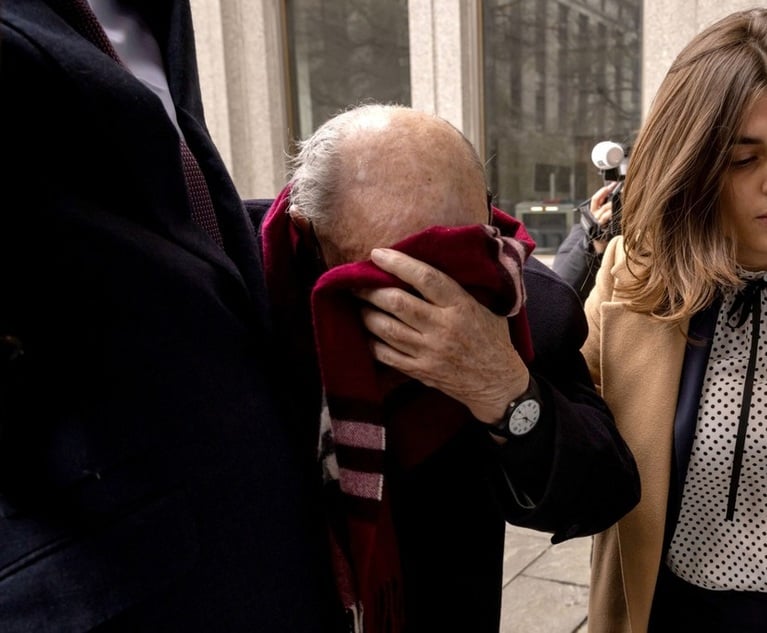The Small Business Administration’s (SBA) Paycheck Protection Program (PPP) is a forgivable loan program created by the Coronavirus Aid, Relief, and Economic Security (CARES) Act. The purpose of the PPP, which has a $349 billion limit, is to help eligible borrowers affected by the coronavirus pandemic keep their employees on the payroll. Under the PPP, small businesses and self-employed taxpayers may fill out an application to obtain forgivable loans to cover payroll and other eligible expenses such as rent and utilities. Applicants must provide information such as all owners of 20% or more of the equity of their company, payroll costs, and number of employees to obtain a loan. Notwithstanding the benefits of the PPP, small businesses and self-employed taxpayers should be aware that applying for a PPP loan may involve federal criminal and civil risk. Federal prosecutors are getting primed for these cases: On March 19, 2020, the Department of Justice ordered every U.S. Attorney’s Office to appoint a Coronavirus Fraud Coordinator.
False statements or other fraudulent conduct in connection with a PPP loan may subject a violator to significant federal criminal liability in a number of ways. The PPP itself specifies that applicants must certify the application and indicates applicants may be penalized for “knowingly making a false statement to obtain a guaranteed loan from SBA,” and knowingly using the funds for unauthorized purposes. PPP, Borrower Application Form at 2. The application states that knowingly making a false statement is punishable by a maximum of (1) five years’ imprisonment and/or a $250,000 fine under 18 U.S.C. §1001 (making false statements) and 18 U.S.C. §3571 (sentence of fine); (2) two years’ imprisonment and/or a $5,000 fine under 15 U.S.C. §645 (false statements to SBA); and (3) 30 years’ imprisonment and/or a $1,000,000 fine, if submitted to a federally insured institution, i.e., virtually any bank, under 18 U.S.C. §1014 (false statements to banks with respect to loans). False statements in a PPP application may also subject violators to up to 20 years’ imprisonment and a $250,000 fine for wire fraud (18 U.S.C. §1343) and mail fraud (18 U.S.C. §1341), and up to 30 years’ imprisonment and a $250,000 fine for bank fraud (18 U.S.C. §1344), among other things. It is thus crucial for small businesses and self-employed taxpayers alike to be aware of and understand the numerous potential legal pitfalls during the application process.


 shutterstock.com
shutterstock.com




